Back to Courses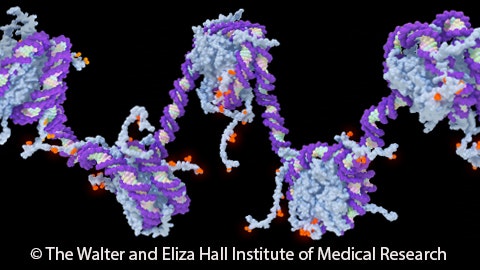
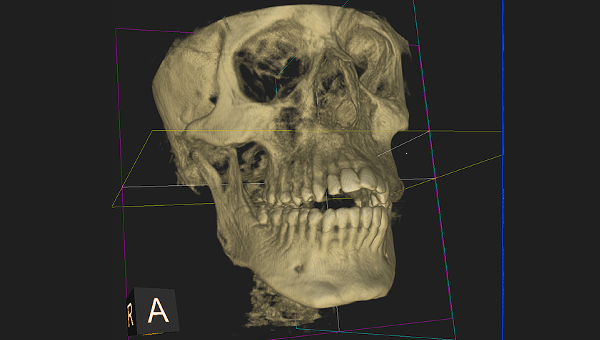

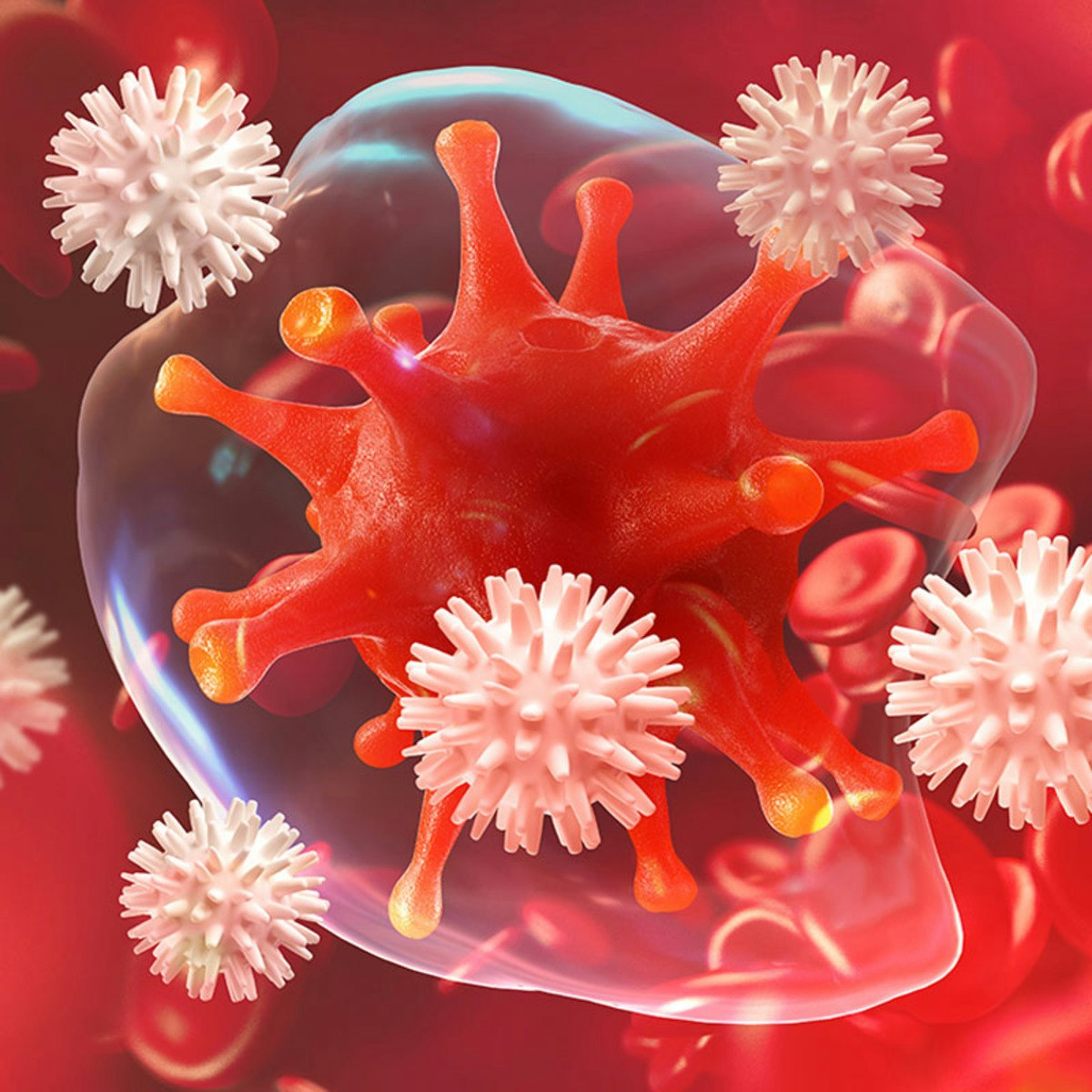
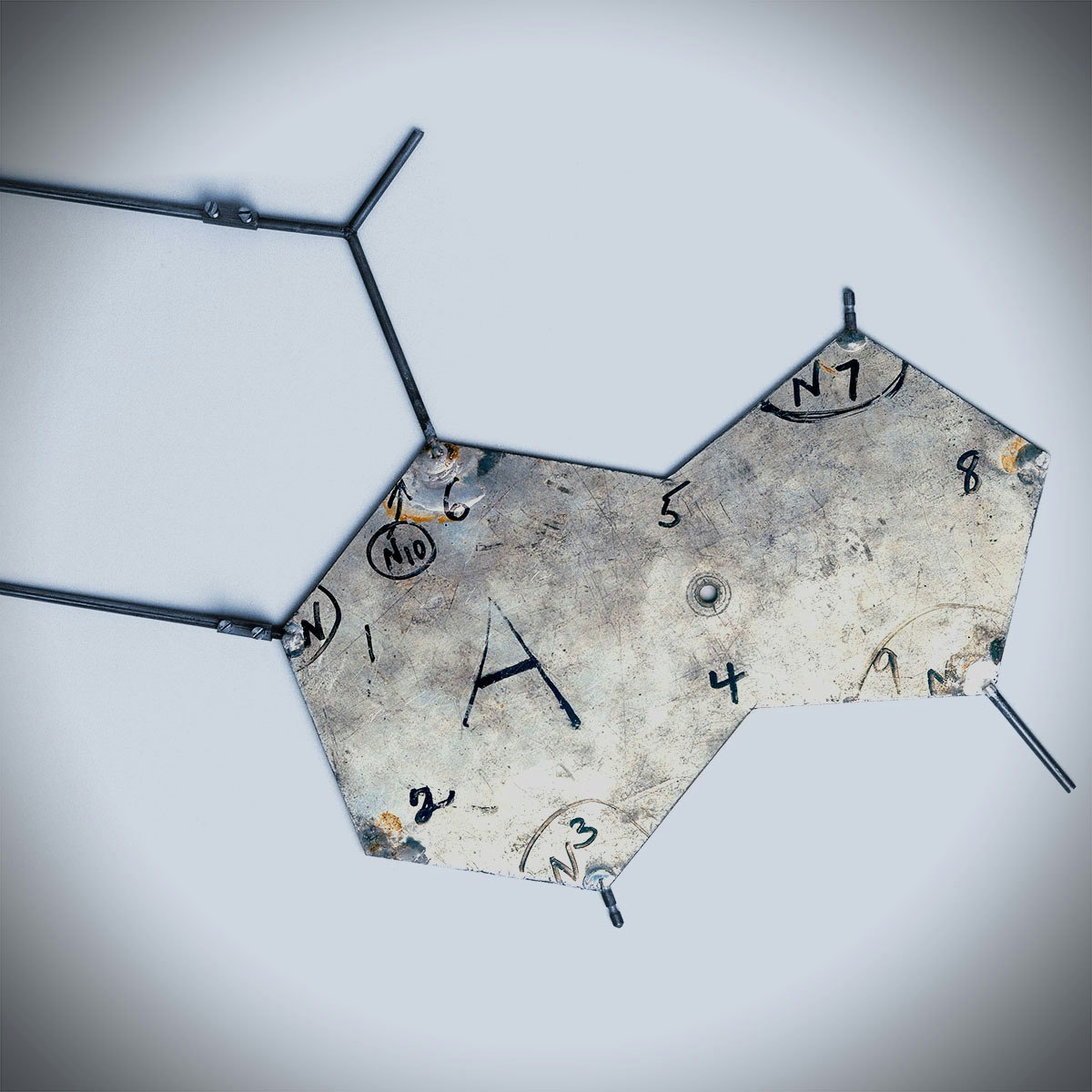
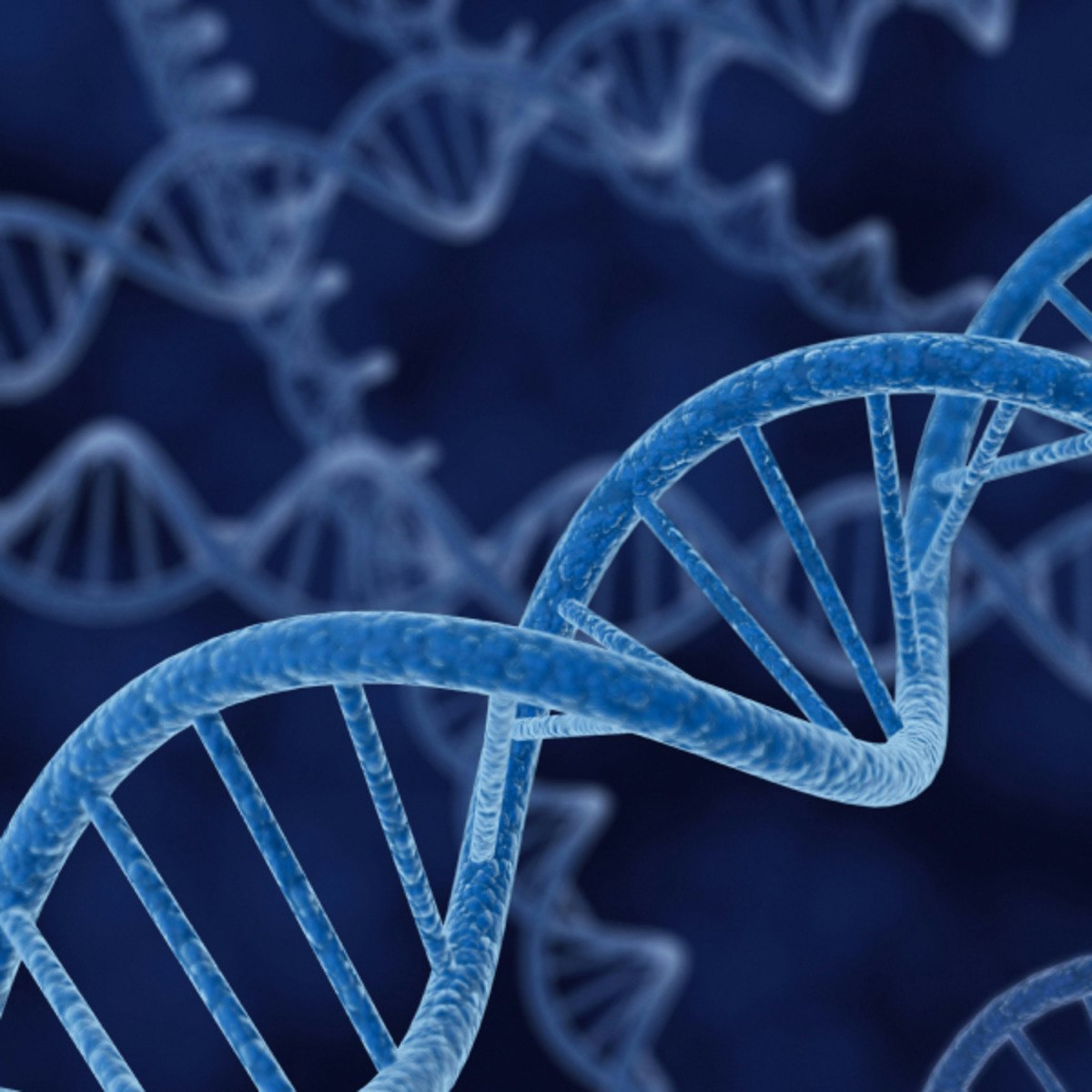

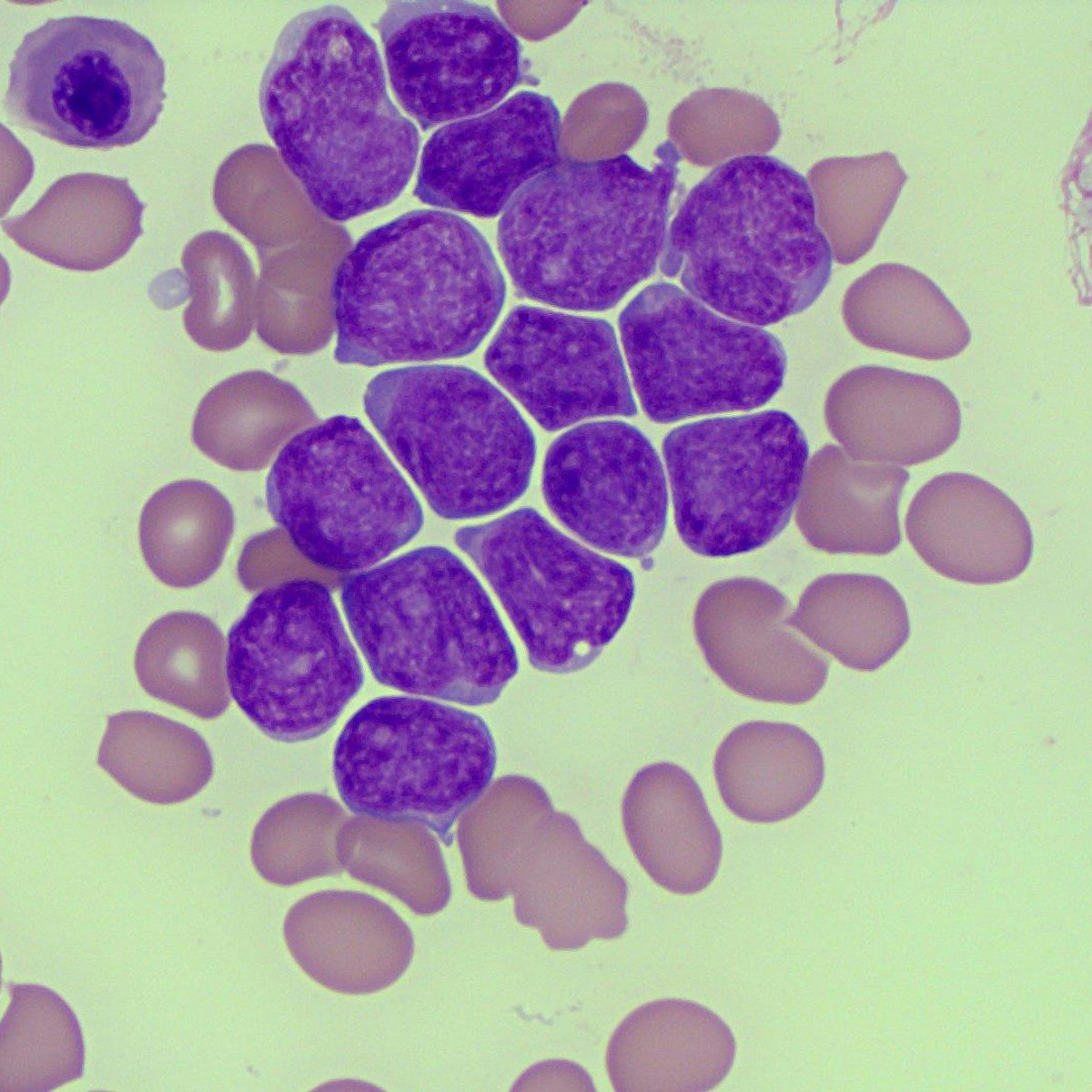
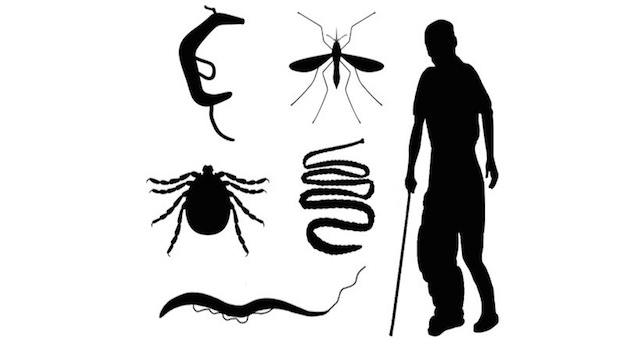

Basic Science Courses - Page 11
Showing results 101-110 of 128

Epigenetic Control of Gene Expression
While the human genome sequence has transformed our understanding of human biology, it isn’t just the sequence of your DNA that matters, but also how you use it! How are some genes activated and others are silenced? How is this controlled? The answer is epigenetics.
Epigenetics has been a hot topic for research over the past decade as it has become clear that aberrant epigenetic control contributes to disease (particularly to cancer). Epigenetic alterations are heritable through cell division, and in some instances are able to behave similarly to mutations in terms of their stability. Importantly, unlike genetic mutations, epigenetic modifications are reversible and therefore have the potential to be manipulated therapeutically. It has also become clear in recent years that epigenetic modifications are sensitive to the environment (for example diet), which has sparked a large amount of public debate and research.
This course will give an introduction to the fundamentals of epigenetic control. We will examine epigenetic phenomena that are manifestations of epigenetic control in several organisms, with a focus on mammals. We will examine the interplay between epigenetic control and the environment and finally the role of aberrant epigenetic control in disease.
All necessary information will be covered in the lectures, and recommended and required readings will be provided. There are no additional required texts for this course. For those interested, additional information can be obtained in the following textbook.
Epigenetics. Allis, Jenuwein, Reinberg and Caparros. Cold Spring Harbour Laboratory Press. ISBN-13: 978-0879697242 | Edition: 1
The course will re-open in 2022.

Introduction to Dental Medicine
The mouth is the window into human health. This course provides an overview of dental medicine to engage, educate, excite and assist you in improving the oral health of your patients and members of your community. We will review topics in dental medicine including scope of the field, what to expect in function, and some of the many ways that dysfunction may present for different patients. This will include discussions of mouth, jaw, and tooth anatomy, pathology, and treatment. We will talk about differences between patients and the unique roles that different members of the dental field may play in treatment depending on the patient and condition. This course starts from basic concepts and proceeds to review trends in current research and technology. We offer scientific background, some skills for patient evaluation and interview, and some suggestions for further learning for those interested in or involved in dental education.

Medical Terminology I
This course will discuss the importance of learning medical language as well as introduce basic word parts and concepts applied in medical terminology. We will also learn about common organization and terms seen in medical records before moving into system-specific terms for the integumentary system (skin), musculoskeletal system (muscles and bones), and urinary (kidneys).

Fundamentals of Immunology: Death by Friendly Fire
Course 3 of a three course specialization called Fundamentals of Immunology. Each course in the specialization presents material that builds on the previous course's material.
This is the third leg of the journey through the defenses your body uses to keep you healthy. In the first course we learned about innate immunity and B cell function. In the second course we studied T cell function and coordination of the immune response.
Fundamentals of Immunology: Death by Friendly Fire introduces students to the basic functions of the adaptive and innate immune systems. The early lectures survey cells, tissues and organs using metaphors, cartoons and models to improve understanding and retention. After describing the form, function, origin and varieties of antibodies, subsequent lectures provide details on the mechanism of the generation of variation. The course provides animations of gene rearrangement and class switching and descriptions of affinity maturation correlated with detailed physical models of antibody structure. The final lecture reviews these concepts in anatomical context. Testing employs multiple choice questions testing facts, concepts, and application of principles. Questions may refer to diagrams, drawing and photographs used in lecture and reproduced in the outline.
What You’ll Learn:
A survey of immune cells and how they attack pathogens, with emphasis on the mechanism of inducing apoptosis and details of Antibody Directed Cell-mediated Cytotoxicity. The inflammatory response and mechanisms of generating tolerance, presented in sequence to emphasize the decision making involved in controlling attacks. A survey of autoimmune disease, their characteristics, cause and treatment. Survey of hypersensitivity reactions, including allergy, anaphylaxis, anemias, granulomas, and a variety of skin responses. This is accompanied by identification, prevention and treatment. The final discussion of preventing transplant rejection is preceded by a detailed unit on antibody technology and the methods of testing for incompatibility.

Classical papers in molecular genetics
You have all heard about the DNA double helix and genes. Many of you know that mutations occur randomly, that the DNA sequence is read by successive groups of three bases (the codons), that many genes encode enzymes, and that gene expression can be regulated.
These concepts were proposed on the basis of astute genetic experiments, as well as often on biochemical results. The original articles were these concepts appeared are however not frequently part of the normal curriculum of biologists, biochemists and medical students.
This course proposes to read study and discuss a small selection of these classical papers, and to put these landmarks in their historical context. Most of the authors displayed interesting personal histories and many of their contributions go beyond not only the papers we will read but probably all their scientific papers.
Our understanding of the scientific process, of the philosophy underlying the process of scientific discovery, and on the integration of new concepts is not only important for the history of science but also for the mental development of creative science.

Genetics and Society: A Course for Educators
How have advances in genetics affected society? What do we need to know to make ethical decisions about genetic technologies? This course includes the study of cloning, genetic enhancement, and ownership of genetic information. Course participants will acquire the tools to explore the ethics of modern genetics and learn how to integrate these issues into their classrooms.

Writing in the Sciences
This course teaches scientists to become more effective writers, using practical examples and exercises. Topics include: principles of good writing, tricks for writing faster and with less anxiety, the format of a scientific manuscript, peer review, grant writing, ethical issues in scientific publication, and writing for general audiences.

Blood Film Morphology - A Practical Guide
This is a unique online course which teaches students the basics of blood film analysis. This course is specifically tailored to those with a background in Medical Science, Medicine or Pathology who are studying or starting work in a haematology laboratory but also serves as a valuable continuing education resource. To be successful in this course, access to a haematology laboratory is desirable but not essential.
This is not a textbook or a laborious examination of every blood film abnormality but rather focusses on the approach – both an overall method for analysing a blood film, and a framework for analysing quantitative and qualitative changes in blood cells.
At each step students are taught a method, provided with the theoretical framework for interpreting abnormalities, and shown examples of abnormalities highlighting their clinical significance. This is reinforced with frequent in-lecture interactive quizzes, end of lecture mcqs, and suggested lab exercises which engage the student with the laboratory and their colleagues.
At the end of each module and at the end of the whole series are summative assessments which must be successfully completed to attain the course certificate.

Tropical Parasitology: Protozoans, Worms, Vectors and Human Diseases
This course provides students an understanding of important human parasitic diseases, including their life cycles, vectors of transmission, distribution and epidemiology, pathophysiology and clinical manifestations, treatment, and prevention and control. Tropical Parasitology is taught by faculty from an area highly impacted by tropical parasites- the Kilimanjaro Christian Medical University College in Moshi, Tanzania. The faculty include Drs. Frank Mosha and Mramba Nyindo (and two lecturers, Drs. Johnson Matowo and Jovin Kitau). Dr. John Bartlett, Professor of Medicine, Global Health and Nursing at Duke University, joins his faculty colleagues in this effort.

Understanding Plants - Part I: What a Plant Knows
For centuries we have collectively marveled at plant diversity and form—from Charles Darwin’s early fascination with stems and flowers to Seymour Krelborn’s distorted doting in Little Shop of Horrors. This course intends to present an intriguing and scientifically valid look at how plants themselves experience the world—from the colors they see to the sensations they feel. Highlighting the latest research in genetics and more, we will delve into the inner lives of plants and draw parallels with the human senses to reveal that we have much more in common with sunflowers and oak trees than we may realize. We’ll learn how plants know up from down, how they know when a neighbor has been infested by a group of hungry beetles, and whether they appreciate the music you’ve been playing for them or if they’re just deaf to the sounds around them. We’ll explore definitions of memory and consciousness as they relate to plants in asking whether we can say that plants might even be aware of their surroundings. This highly interdisciplinary course meshes historical studies with cutting edge modern research and will be relevant to all humans who seek their place in nature.
This class has three main goals: 1. To introduce you to basic plant biology by exploring plant senses (sight, smell, hearing, touch, taste, balance). 2. To introduce you to biological research and the scientific method. 3. To get the student to question life in general and what defines us as humans.
Once you've taken this course, if you are interested in a more in-depth study of plants, check out my follow-up course, Fundamentals of Plant Biology (https://www.coursera.org/learn/plant-biology/home/welcome).
In order to receive academic credit for this course you must successfully pass the academic exam on campus. For information on how to register for the academic exam – https://tauonline.tau.ac.il/registration
Additionally, you can apply to certain degrees using the grades you received on the courses. Read more on this here –
https://go.tau.ac.il/b.a/mooc-acceptance
Teachers interested in teaching this course in their class rooms are invited to explore our Academic High school program here – https://tauonline.tau.ac.il/online-highschool
Popular Internships and Jobs by Categories
Find Jobs & Internships
Browse
© 2024 BoostGrad | All rights reserved